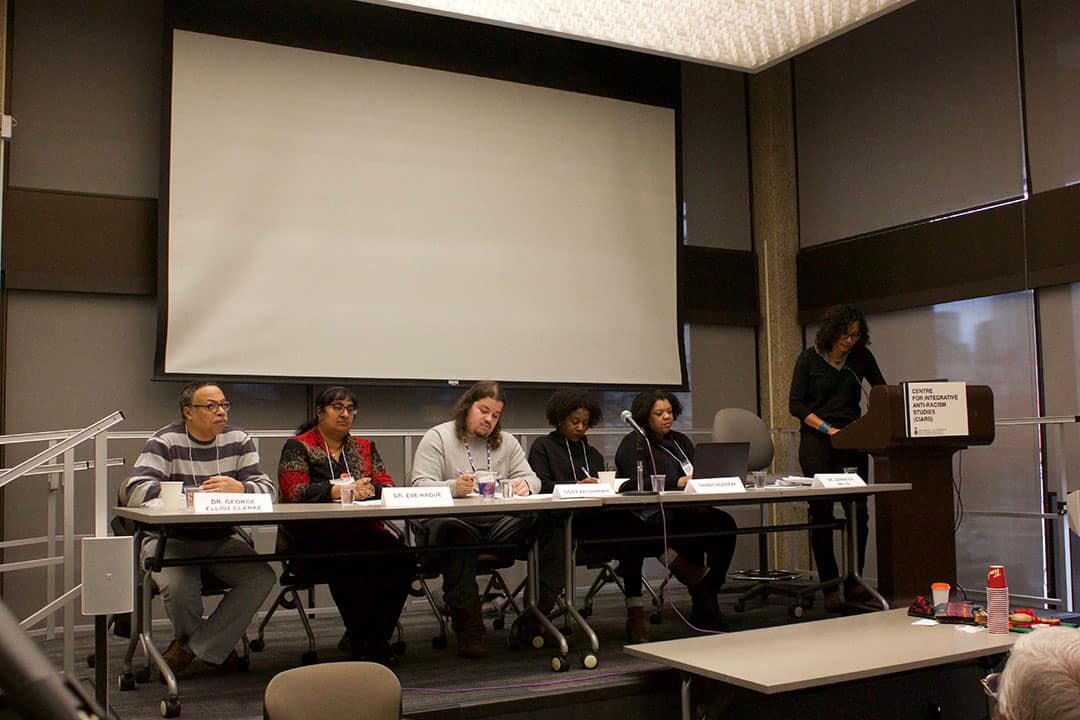Even months after Canada’s 150th birthday, it is vital for us, as Canadians, to ask ourselves what exactly we celebrated and whom we silenced in the process. The symposium held at Ontario Institute for Studies in Education earlier this month, titled “150 for Whom, Canada? Colonialism and Indigeneity across Lands,” shone a light on the stories of the Indigenous peoples that have occupied land in Canada for thousands of years, stories that are far too often left unheard.
For me, Canada 150 brings mixed emotions. As the child of immigrants, I am thankful to have been brought up in a country that allows me to pursue many more opportunities than I would otherwise have been able to access. But I am also acutely aware of the fact that I am living an incredibly privileged life on land that was violently stolen from others. Canada has been built upon the bodies of Indigenous people, and this is something that should never be forgotten.
There is not enough being done to educate students about the Indigenous history of this country, especially in Ontario. I grew up in Manitoba, which has a much larger Indigenous population, and there was more of an emphasis in schools to teach students about the atrocities of colonialism and the legacy of residential schools — albeit still not to the extent that these lessons should be taught. In the era of missing and murdered Indigenous women, more work is needed to educate Canadians about ongoing colonial violence affecting Indigenous people today, and to urge us not to misconstrue Canadian history as something that started a mere 150 years ago.
Yasaman Mohaddes is a third-year student at St. Michael’s College studying Political Science and Sociology.


